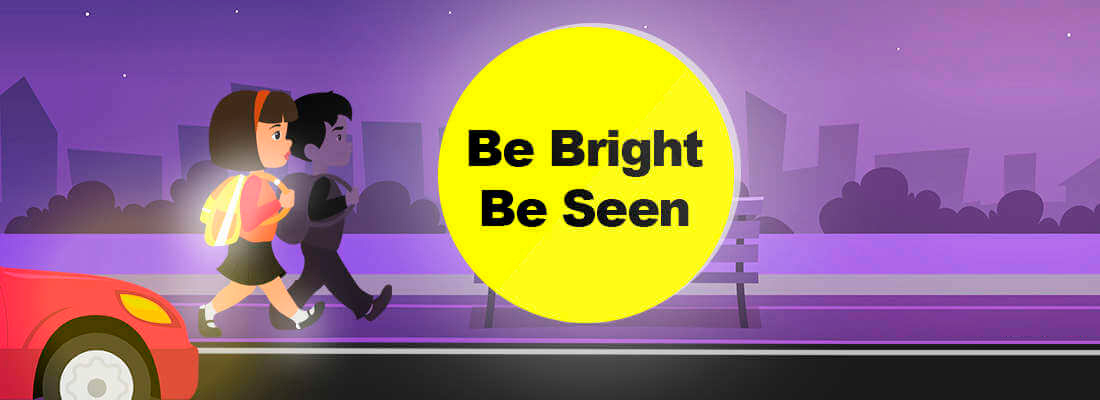Mencap: Learning to embrace disability and autism in children
It's all too easy to avoid what you don't understand. But when that's a child with a learning disability, such a reaction can be devastating for both the child and their parents.
New research by Mencap has found 63% of parents of children with a learning disability have had to miss social engagements in the last year due to concerns about how people will react to their child, and 70% have felt unwelcome when out in public with their child.
Another 21% said their child had been asked to leave a public place because of behaviour resulting from their learning disability.
As there are 15,000 children born every year with a learning disability and, in England, Wales and Northern Ireland, currently around 119,000 children under the age of seven who have such a disability, these insensitive reactions are having a huge impact on many lives.
Despite 43% of parents saying attitudes towards people with learning disabilities have improved, many say the public are still 'afraid of what they don't understand'; 41% say they feel other parents are 'somewhat or very unhappy' for a child with learning disabilities to spend time with their children, and half think public attitudes towards children with a learning disability are negative.
DON'T JUDGE
Mencap, the charity for people with learning disabilities, is calling on the public to be more accepting towards children with a learning disability - to think and not judge, and instead offer support to help end the isolation parents of children with learning disabilities feel.
Rossanna Trudgian, Mencap head of campaigns, says although public attitudes may have improved in the 70 years Mencap's existed, society "should feel ashamed" to have so little acceptance of children who may sometimes act differently to others.
"It's heartbreaking that not only are children with a learning disability being dropped off birthday invite lists or being asked to stay in the garden away from other children, but almost a third of parents have felt forced to miss social engagements, such as their best friend's wedding," she says.
NEGATIVE
Ramya Kumar, mother of nine-year-old Rishi, who has autism and a related learning disability, says her own experience suggests public attitudes towards children with learning disabilities are still extremely negative.
"It's particularly difficult when people don't realise Rishi deals and interacts with people and his surrounding world differently. When he behaves in a way other people don't understand, I end up explaining his condition and apologising for him and I feel I shouldn't have to."
She says she was once asked to keep Rishi in the garden instead of taking him into someone's house because of his behaviour, and stresses: "We feel extremely isolated and outcast from society, because I feel they don't understand or want to understand my son and his and our challenges.
"That makes people act awkwardly and drift away from us."
SUPPORT
Rossanna points out, however, that solving the problem can be both easy and life-changing for parents like Ramya.
"If the public can think and not judge when they see a child behaving differently, and instead offer support and acceptance, this suffering could end overnight.
'Parents who dedicate their life to the love of their children shouldn't have to feel the constant need to apologise if they're different'
"Parents who dedicate their life to the love of their children shouldn't have to feel the constant need to apologise if they're different."
She suggests people worried about how to react around children with a learning disability should pause and realise it's OK to feel awkward, but they should still try to engage with the child.
"There's a lot of confusion around learning disability," she says, "but gaining a bit more understanding could change the lives of parents who have said in such large numbers that they are in need of help."
For peer-to-peer support for parents of children with a learning disability, visit www.mencap.org.uk/familyhub





